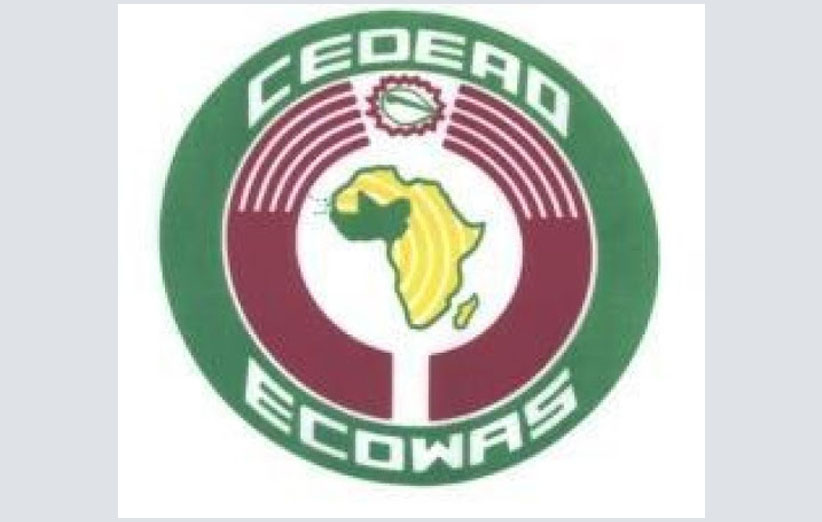- The Regional Electricity Interconnection Project called “North Backbone Project” involving Nigeria, Niger, Burkina Faso, Benin and Togo was launched in Niamey, capital of Niger.
- The project was officially launched by H. E Mohamed Bazoum, President of the Republic of Niger, and his Ghanian President, H.E. Nana Addo Dankwa Akufo-Addo, Chair of the Authority of Heads of State and Government of the Economic Community of West African States (ECOWAS).
The Regional Electricity Interconnection Project called “North Backbone Project ” involving Nigeria, Niger, Burkina Faso, Benin and Togo was launched in Niamey, capital of Niger. The project was officially launched by H. E Mohamed Bazoum, President of the Republic of Niger, and his Ghanian President, H.E. Nana Addo Dankwa Akufo-Addo, Chair of the Authority of Heads of State and Government of the Economic Community of West African States (ECOWAS).
Located in Gorou banda, about ten kilometres away from Niamey, the construction of the North Backbone Project, at a cost of $568.2 million, will be completed in 2024. The project funded by the World Bank, the African Development Bank, the French Development Agency, and the European Union aims at setting up a 330kW interconnection line, to supply electricity from Nigeria to Niger, Burkina Faso, Benin and Togo.
At the inaugural ceremony, Mahamane Sani Issoufou Mahamadou, Niger’s Minister for Petroleum, Energy and Renewable Energy, thanked the ECOWAS for selecting Niger to launch the North Backbone Regional Electricity Interconnection Project through the West African Power Pool (WAPP). The Minister added that the North Backbone project will have far reaching regional impact by facilitating electricity trade in the sub-region and providing access to electricity along the transmission line, i.e. 611 communities, including 179 in Burkina Faso and 432 in Niger.
Mr Sédiko Douka, Commissioner for Mines and Energy, representing H.E. Jean-Claude Kassi Brou, President of the ECOWAS Commission, stated that ECOWAS was committed to support its members in building physical infrastructure (transport, energy, telecommunications, and water), agriculture and food security, single currency, the common external tariff, free movement of goods and services. Commissioner Sédiko Douka added that the construction of the project will cater to all environmental and social aspects, including compensation, resettlement, institutional aspects, and capacity building as per international standards.
This is the third project of this kind in West Africa. The other two are OMVG (Senegal, The Gambia, Guinea, and Guinea Bissau) with the construction of nearly 1,700 km line and the CLSG (Cote d’Ivoire, Liberia, Sierra Leone, and Guinea) with 1,300 km interconnection lines, each with a rural electrification component. These three projects will together interconnect all 14 countries of the ECOWAS region, boosting the efforts for the effective implementation of the regional electricity market launched in 2018 by the West African regional organisation.





